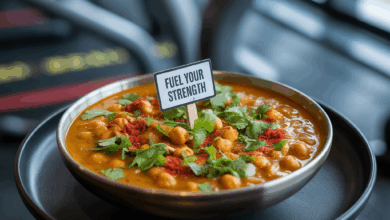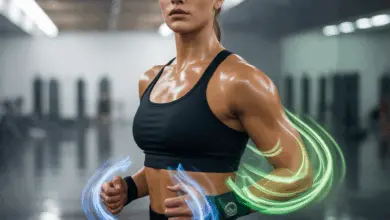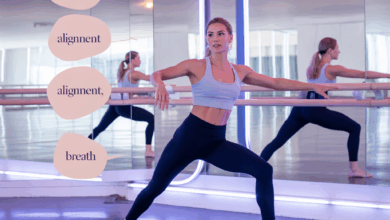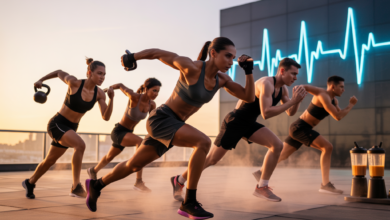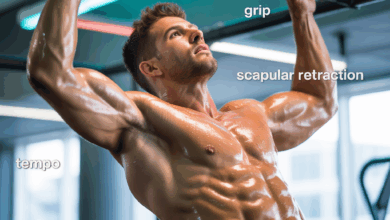The Ultimate Hydration Guide for Swimmers: Stay Fueled and Swim Strong
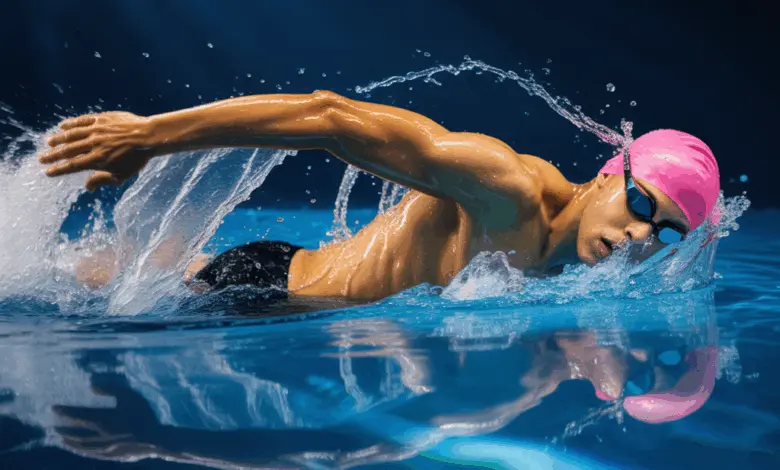
Ever finished an intense swim practice only to realize you’re unexpectedly drained or battling painful cramps? If that sounds familiar, you’re not alone. Hydration is one of the most overlooked yet critical factors to maximize your swimming performance and recovery. Unlike land workouts where sweat is visible and easy to track, swimmers often underestimate fluid loss due to water immersion. So, how do you crack the code to staying perfectly hydrated without overdoing it? Welcome to your ultimate hydration guide for swimmers—designed to help you power your strokes, prevent fatigue, and keep your body in top shape.
Why Hydration Matters More Than You Think for Swimmers
Water might feel like just part of your environment in the pool, but staying hydrated is vital for your muscles, energy levels, and even mental focus. Even mild dehydration impairs strength, endurance, and coordination—key components in swimming. Since you can’t rely on noticing sweat dripping during your laps, swimmers risk slipping into dehydration without realizing it. Plus, hydration affects your body’s ability to regulate temperature and recover post-workout.
How to Identify Hydration Needs Before, During, and After Swimming
Pre-Swim Hydration: Fuel Up Before You Hit the Pool
Start your hydration strategy even before you step on the pool deck. Aim to drink 16-20 ounces (about 500-600 ml) of water or a sports drink 2-3 hours before swimming. This ensures your body has enough fluids to sustain the workout ahead. Avoid chugging large amounts right before your session; instead, sip consistently. Foods with high water content such as watermelon, cucumber, and oranges can also boost hydration.
Hydrating Smartly During Your Swim Session
It might sound counterintuitive, but you can get dehydrated while swimming because you’re immersed in cool water and may not feel thirsty. For sessions longer than an hour, try sipping 7-10 ounces of an electrolyte-infused drink every 15-20 minutes. Electrolytes like sodium, potassium, and magnesium replace minerals lost through sweat and help prevent cramps and fatigue. If you’re swimming intervals or drills, plan short breaks to hydrate and refuel.
Post-Swim Recovery: Replenish and Rehydrate
After your workout, rehydration is just as important as rehydrating before and during. The goal is to replace fluid and electrolyte losses to jump-start your recovery. A good rule of thumb is to drink 20-24 ounces of water or a recovery beverage for every pound lost during your session. Weigh yourself before and after swimming to gauge how much fluid your body needs—and pair hydration with protein-rich snacks to rebuild muscles efficiently.
Practical Hydration Tips for Swimmers
- Customize Your Fluid Intake: Factors like body size, swim intensity, climate, and pool temperature influence hydration needs. Listen to your body and adjust accordingly.
- Use Electrolyte Drinks Wisely: Particularly helpful in hot pools or outdoor venues. DIY coconut water mixes or commercial formulations work well.
- Monitor Urine Color: Pale yellow usually means good hydration; dark yellow means drink up!
- Limit Caffeine and Alcohol: These can dehydrate you. Save them for post-training or moderate consumption days.
- Keep a Water Bottle Nearby: Even on deck, keep fluids within reach to make hydration habitual.
Workout Variations That Maximize Hydration Efficiency
Incorporating different swim workouts can influence how much you sweat and lose fluids. For example, long-distance steady swims often cause steady fluid loss, while high-intensity interval training (HIIT) sessions can trigger higher sweat rates in shorter times. Balance your workouts by alternating endurance-focused sessions with sprint sets and recovery swims. This approach allows your hydration strategy to match the demands of each workout.
Additionally, dryland training sessions that complement swimming—like yoga or resistance training—also increase your hydration needs. Make sure to hydrate before, during, and after these workouts as well.
Everyday Healthy Lifestyle Advice to Support Hydration
Beyond the pool, simple lifestyle habits can help maintain optimal hydration. Prioritize a diet rich in whole fruits and vegetables, which naturally contain water and electrolytes. Maintain balanced sodium intake—too little can cause imbalances, but too much can make it difficult to stay hydrated. Getting regular quality sleep helps your body regulate fluids better and recover faster. And remember, regular hydration throughout the day (not just around workout times) sets the foundation for peak swimming performance.
Real Swimmer Example: Sarah’s Hydration Makeover
Sarah, a competitive swimmer, struggled with fatigue and frequent leg cramps during her intense practices. After tracking her hydration with the help of this ultimate hydration guide for swimmers, she realized she was under-consuming fluids before and during workouts. By switching to electrolyte drinks mid-session and focusing on pre- and post-swim hydration, Sarah noticed improved endurance and fewer cramps, allowing her to push harder and recover faster.
Frequently Asked Questions
1. How much water should swimmers drink daily?
While individual needs vary, a general guideline is to drink at least 2 to 3 liters of water daily, with extra intake before, during, and after swim workouts. Hydration needs increase with swim intensity, duration, and environmental factors.
2. Can drinking too much water before swimming be harmful?
Yes, excessive water intake right before swimming may cause bloating, discomfort, or in extreme cases, water intoxication. It’s best to hydrate steadily in the hours before swimming and sip fluids during the session.
3. What are the signs of dehydration in swimmers?
Common symptoms include fatigue, dizziness, muscle cramps, dark-colored urine, dry mouth, and reduced coordination. If you notice these, it’s time to drink water or electrolyte-replenishing fluids immediately.
Conclusion: Master Your Hydration and Unlock Your Swimming Potential
Hydration is the silent game-changer that every swimmer needs to prioritize. By understanding when and how to hydrate properly—before, during, and after your workouts—you’ll power your endurance, reduce cramping, and improve your overall performance. Make hydration a non-negotiable part of your swimming routine and watch your stamina and recovery soar. Ready to take your swimming to the next level? Start implementing these hydration strategies today and dive into a stronger, healthier swim experience.
Looking for more ways to boost your swimming performance? Check out our swim-specific workout routines and nutrition guides to fuel your training the right way!
For more tips on maximizing your swimming performance through proper hydration, check out our Hiit Swim Workout.

